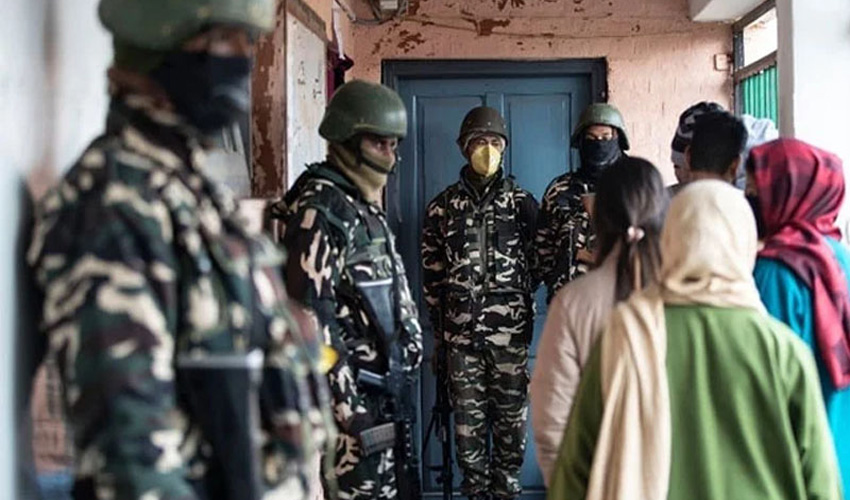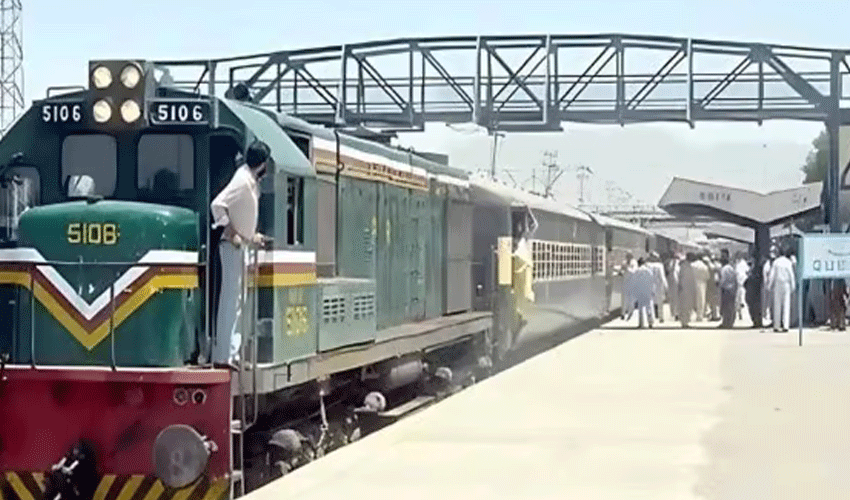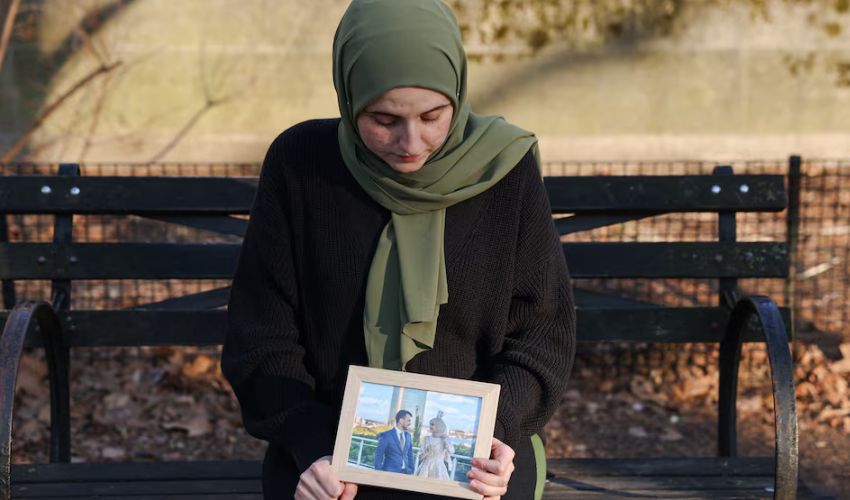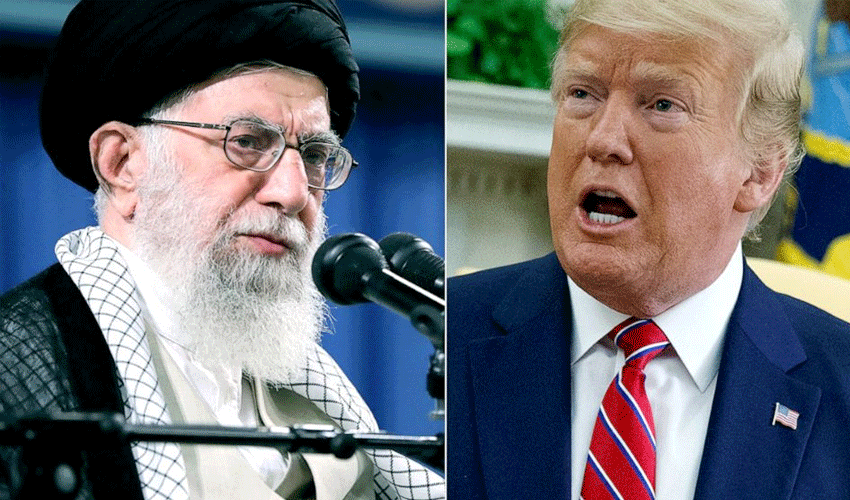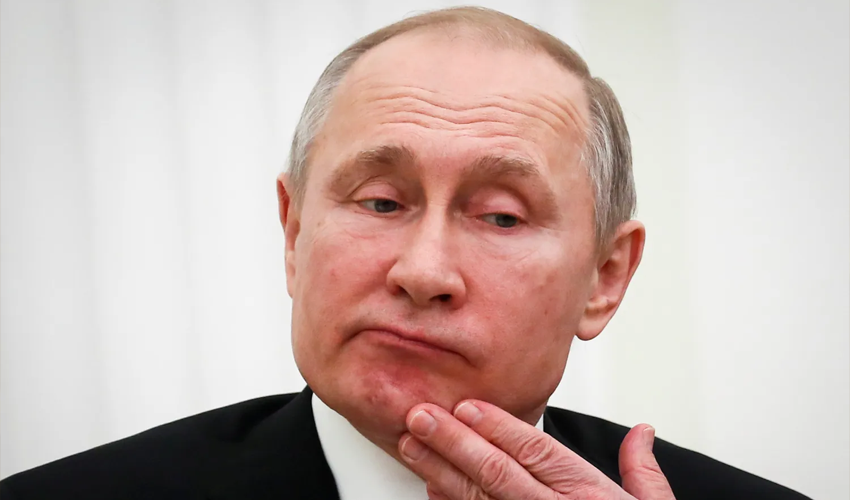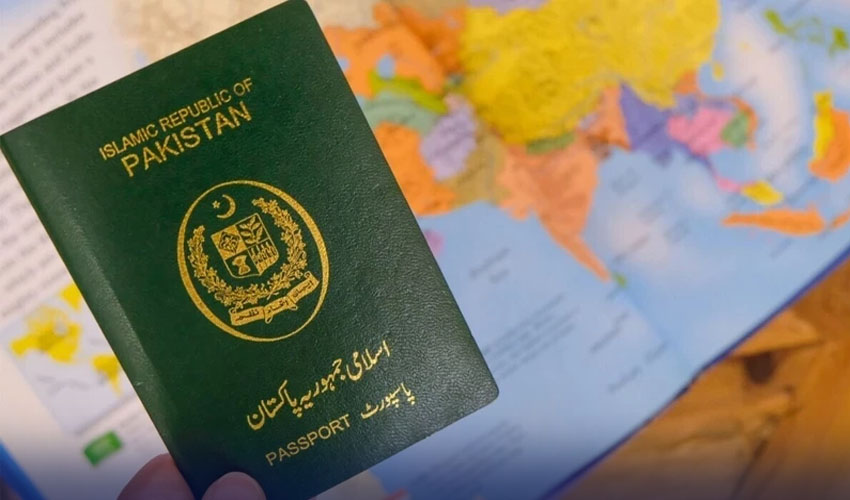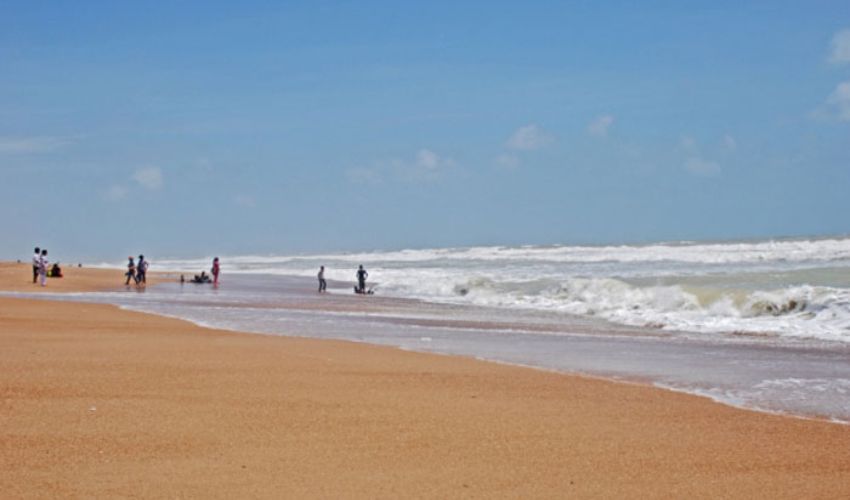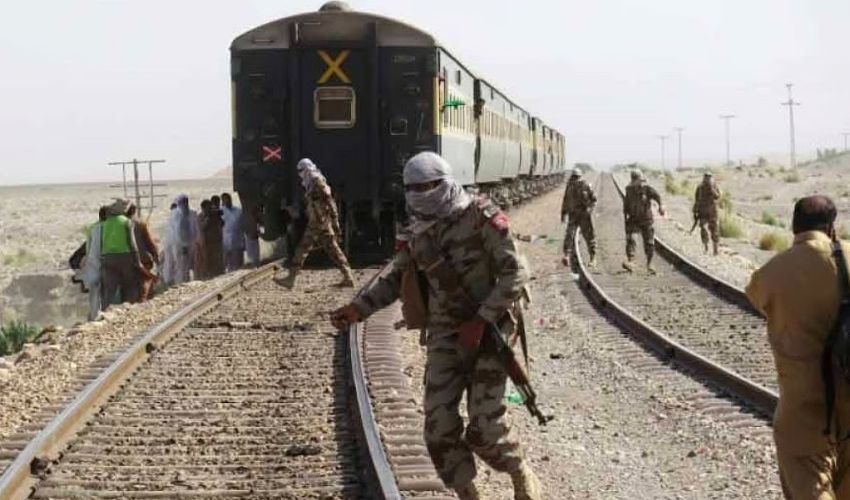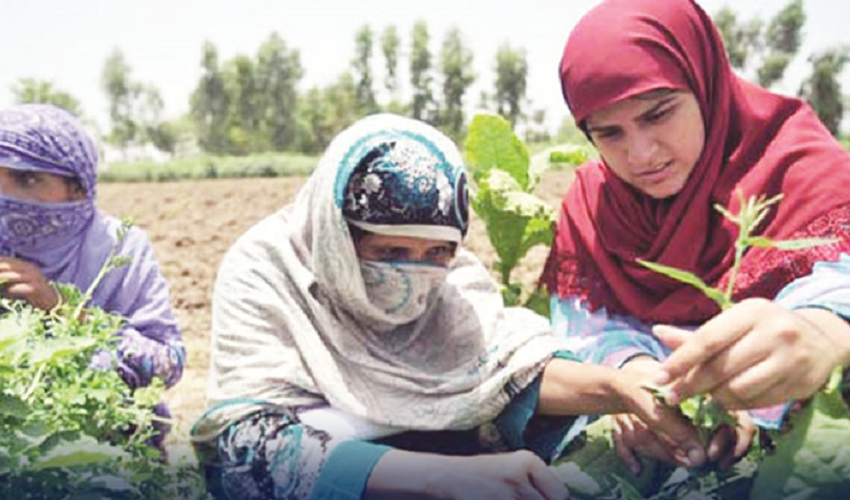Indian Illegally Occupied Jammu and Kashmir (IIOJK) is conducting state assembly elections for the first time in ten years, following a prolonged suspension of the state legislature by the Bharatiya Janata Party (BJP) government.
The elections mark a significant political development in the region, which has been under direct Indian rule since the legislature was dissolved five years ago.
Today, voters in IIOJK participated in the second phase of polling, while the first phase took place on September 18. The third phase is scheduled for October 1, with the counting of votes to be held on October 8.
The Indian government released the election schedule amid increasing scrutiny, as it recently expanded the powers of the designated administrator in the region, further complicating the electoral landscape.
Demographics and voter registration
With a total population of approximately 15 million, IIOJK's demographic makeup is notable. The Kashmir division has about 8.9 million residents, predominantly Muslim (96.41%), while Jammu, with a population of 6.1 million, has a diverse religious composition with approximately 30% Muslims and 66% Hindus.
Registered voters number around 8.8 million, comprising 4.6 million from the Kashmir Valley and 4.1 million from Jammu. The region is characterized by significant variations in religious demographics; Muslim-majority districts in Jammu include Rajouri (63%), Poonch (90%), Doda (54%), Kishtwar (58%), and Ramban (71%). In contrast, Hindu-majority districts include Kathua (88%), Samba (86%), Jammu (84%), and Udhampur (88%).
Assembly seat distribution
The Jammu and Kashmir Assembly consists of a total of 90 seats: 74 general seats, seven reserved for Scheduled Castes (SC), and nine for Scheduled Tribes (ST). Notably, all seven SC seats are located in Jammu, while six of the nine ST seats are also in the Jammu division. The distribution further highlights the political dynamics, with Jammu holding 43 seats compared to 47 in Kashmir.
The assembly elections are structured in three phases, with the first phase encompassing 24 seats and involving over 2.3 million voters. The initial phase reported a voter turnout of 61%, and the election process was described as peaceful.





